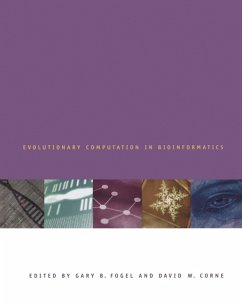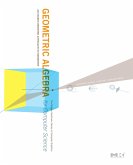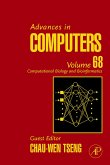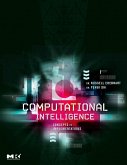This book offers a definitive resource to bridge the computer science and biology communities. Gary Fogel and David Corne, well-known representatives of these fields, introduce biology and bioinformatics to computer scientists, and evolutionary computation to biologists and computer scientists unfamiliar with these techniques. The fourteen chapters that follow are written by leading computer scientists and biologists who examine successful applications of evolutionary computation to various problems in the biological sciences.
* Describes applications of EC to bioinformatics in a wide variety of areas including DNA sequencing, protein folding, gene and protein classification, drug targeting, drug design, data mining of biological databases, and biodata visualization.
* Offers industrial and academic researchers in computer science, biology, and bioinformatics an important resource for applying evolutionary computation.
* Includes a detailed appendix of biological data resources.
Dieser Download kann aus rechtlichen Gründen nur mit Rechnungsadresse in A, B, BG, CY, CZ, D, DK, EW, E, FIN, F, GR, HR, H, IRL, I, LT, L, LR, M, NL, PL, P, R, S, SLO, SK ausgeliefert werden.









